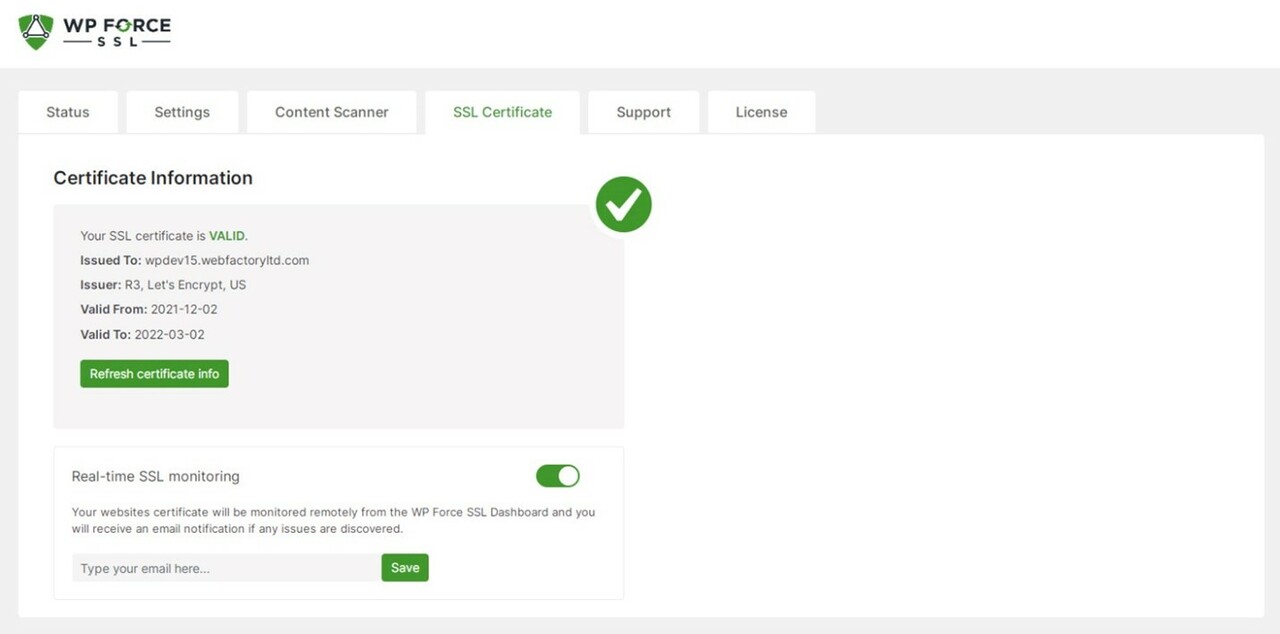Table of Contents
The internet has become an essential part of our lives, facilitating commerce, communication, learning, entertainment, and more. But beneath the surface of every click, post, or online purchase lies a complex web of data exchanges. One critical tool that keeps this web secure and trustworthy is SSL—Secure Sockets Layer. Without it, the internet as we know it would be a far riskier place. But what exactly is SSL, and why is it so vital?
What is SSL?
SSL (Secure Sockets Layer) is a standard protocol used to establish encrypted links between a web server and a browser in an online communication. Originally developed by Netscape in the 1990s, SSL has since evolved into Transport Layer Security (TLS), though many people still refer to it as SSL out of habit. Regardless of terminology, its purpose remains the same—to prevent unauthorized parties from accessing or tampering with sensitive information.
Whenever you see a padlock icon in the address bar of your browser or a URL beginning with “https” instead of “http”, you’re on a website that is using SSL/TLS encryption. This layer of security protects data such as:
- Passwords
- Credit card information
- Emails
- Personal details
- Healthcare data

Why SSL is Essential for Trust
When users visit a website, trust plays a massive role in how they interact with it. A secure site not only protects user data but also signals that the site owners take privacy and security seriously. Here’s how SSL contributes to building that trust:
1. Visible Signs of Security
SSL provides immediate visual cues that help users feel secure. The padlock in the browser’s address bar and the “https://” prefix provide a clear, trustworthy sign that their data is safe during transmission. For e-commerce websites and platforms handling sensitive information, these signs are absolutely vital.
2. Authenticity and Identity Verification
One essential feature of SSL certificates is that they help verify the authenticity of the website. To obtain an SSL certificate, a site must confirm its identity with a recognized Certificate Authority (CA). This process assures users that they are visiting the legitimate site—not a phishing scheme or malicious clone.
3. Boosting Consumer Confidence
In an era where identity theft and data breaches are common, users are understandably cautious. When users notice that a site uses SSL, they are more likely to:
- Complete a purchase
- Enter personal or payment information
- Sign up for services or newsletters
- Return to the site in the future
Without SSL, many users will simply abandon the site and look elsewhere.
SSL and Data Protection
At its core, SSL encrypts the data that flows between the user’s browser and the web server. It essentially turns readable data into unreadable code while in transit, making it nearly impossible for hackers to intercept and exploit the information.
1. Preventing Data Interception
Without SSL, data is sent in plaintext. This means anyone who manages to access the connection—such as through open Wi-Fi networks—can read the data. SSL uses complex encryption algorithms to scramble this data, ensuring that even if intercepted, it remains indecipherable.
2. Guarding Against Cyber Threats
SSL helps defend against several types of cyberattacks, including:
- Man-in-the-middle (MitM) attacks: Hackers intercept and potentially alter the communication between two systems.
- Phishing attacks: Attackers replicate legitimate websites to trick users into entering personal data.
- Data tampering: SSL ensures that data is not only encrypted but validated, so any attempt to alter it during transit is detected and blocked.
SEO Benefits of SSL
Beyond building trust and securing communications, SSL has become increasingly important for search engine optimization (SEO) as well. In 2014, Google announced that HTTPS is a ranking signal. That means websites using SSL have a higher chance of appearing in search results than their non-secure counterparts.
This incentive from Google has led to a significant increase in SSL adoption across the web. For businesses that rely on web traffic to generate leads or sales, installing an SSL certificate is a no-brainer.
Legal Compliance and SSL
SSL is not just a good practice—it can also be a legal requirement. Various regulations around the world mandate the protection of user data during online transactions.
Examples of these regulations include:
- GDPR (General Data Protection Regulation) in the European Union
- HIPAA (Health Insurance Portability and Accountability Act) in the United States
- PCI DSS (Payment Card Industry Data Security Standard) for businesses handling payment information
Failure to implement SSL can result in legal penalties, reputational damage, and loss of consumer trust. It’s not just about safeguarding data; it’s about meeting global standards of ethical and legal responsibility online.
Common SSL Misconceptions
Despite the clear benefits, several misconceptions still surround SSL, including:
1. SSL Slows Down Websites
In the past, website owners avoided SSL fearing speed reductions. Today, modern servers and optimized protocols make this a non-issue, especially when using technologies like HTTP/2.
2. SSL Is Only for E-commerce
Any site that collects user data—whether it’s comments on a blog, email subscriptions, or login credentials—needs SSL. Even informational websites benefit in terms of trust and SEO.
3. SSL Is Hard to Implement
Thanks to services like Let’s Encrypt, installing SSL has never been easier or more accessible. Many hosting providers automate the installation and renewal processes.
How to Get Started with SSL
Securing your website with SSL is a straightforward process. Here’s a basic overview of getting started:
- Choose the appropriate SSL certificate type: Domain Validation (DV), Organization Validation (OV), or Extended Validation (EV).
- Purchase or generate a certificate—many hosting companies offer free options!
- Install the certificate on your server.
- Redirect all HTTP traffic to HTTPS to ensure users always view the secure version of your site.
- Test your certificate using online tools like SSL Labs.
Conclusion
SSL is more than just a technical requirement—it’s a fundamental component of building trusted, secure, and successful web experiences. From protecting sensitive data to boosting SEO and maintaining compliance, SSL serves as both gatekeeper and guardian of modern digital communication.
In an increasingly connected and cyber-aware world, enabling SSL is not just a best practice—it’s a necessity. Whether you’re running a personal blog, business site, or large-scale e-commerce platform, securing your site with SSL is a crucial step toward building long-term trust and success on the web.

